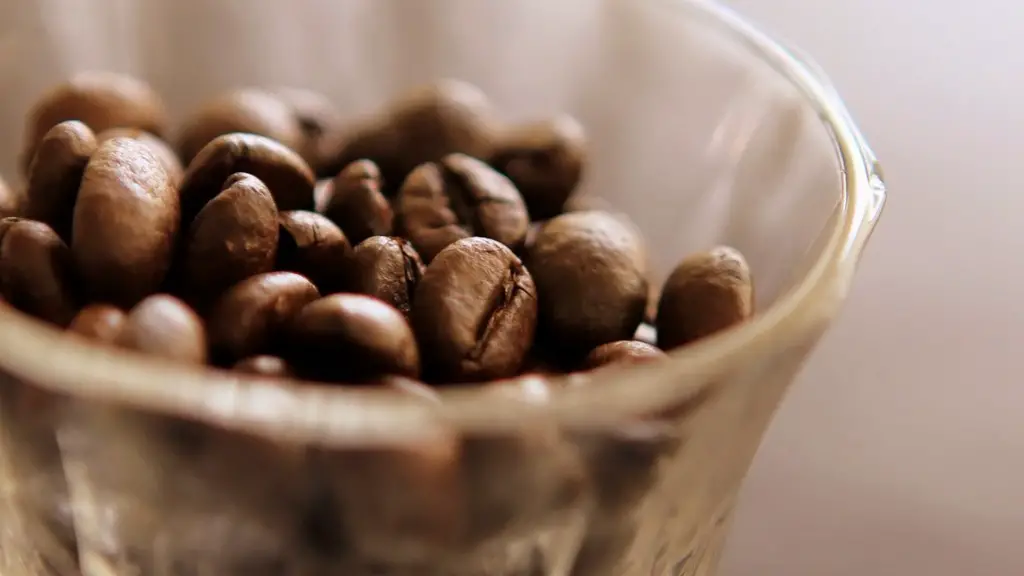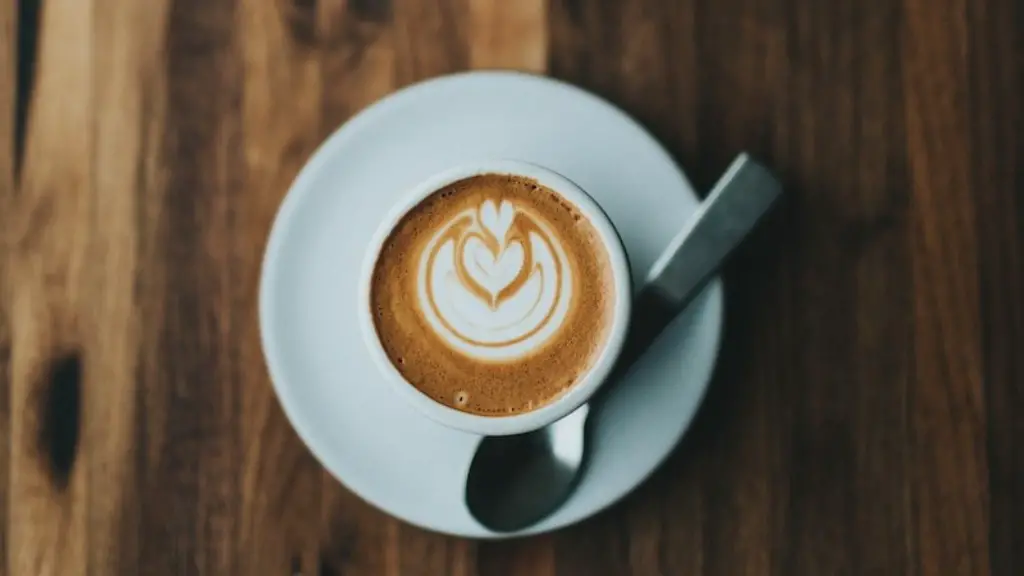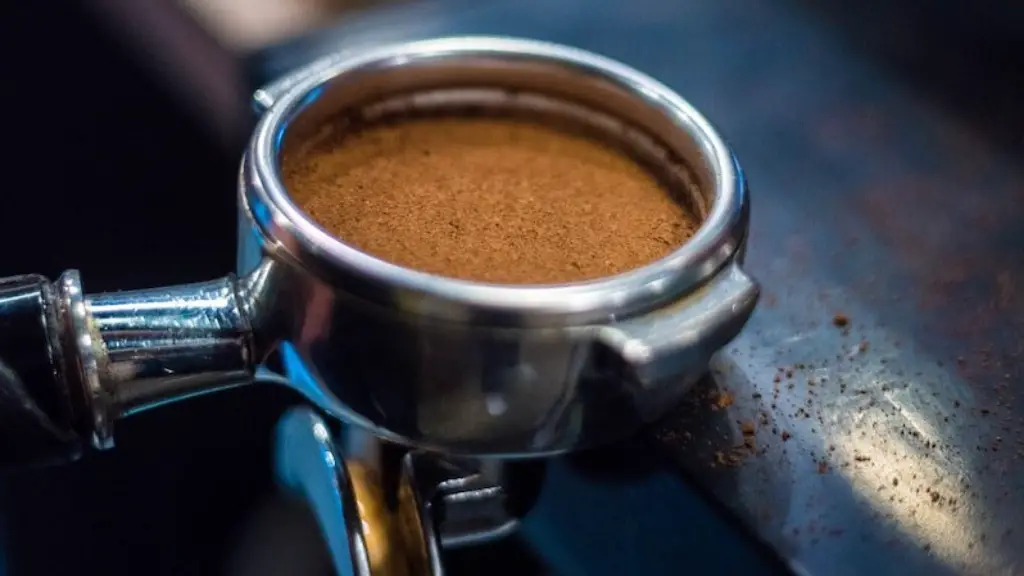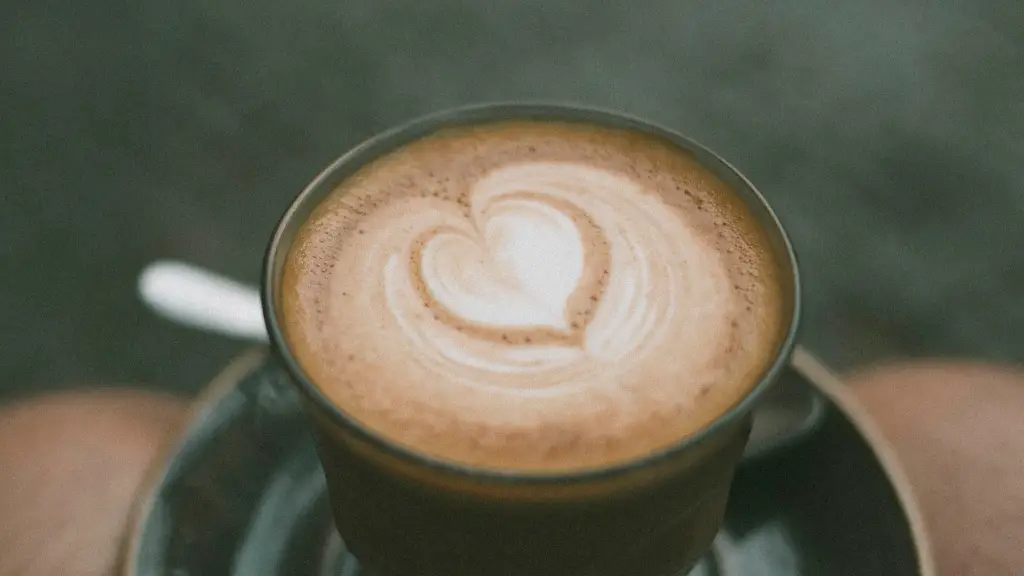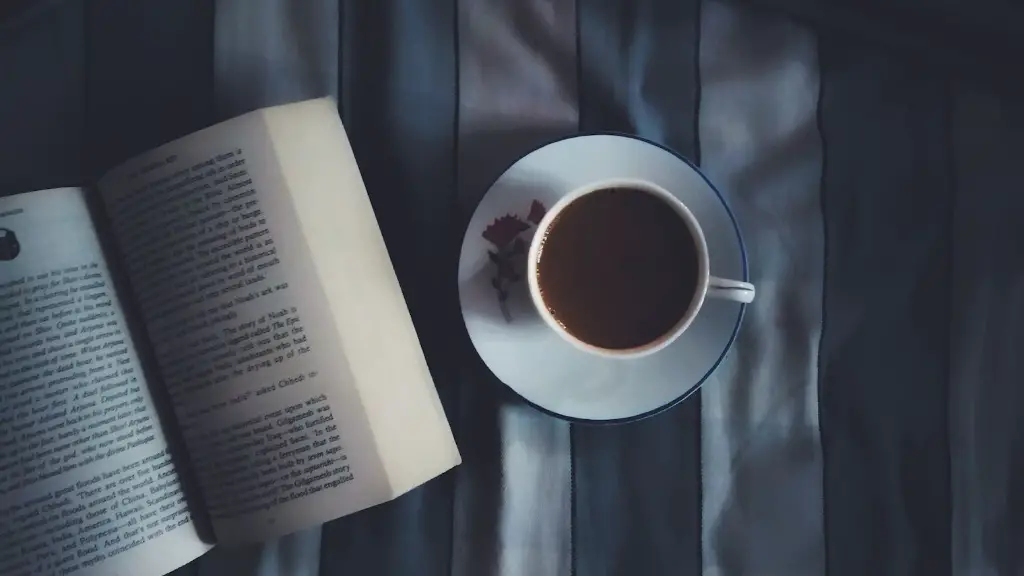Anxiety can be a debilitating condition for many people, particularly when there are no good treatments. The most commonly prescribed anxiety medications are selective serotonin reuptake inhibitors (SSRIs), like citalopram, escitalopram, sertraline, paroxetine, and fluoxetine. These drugs are taken once or twice daily and have a number of side effects which include nausea, insomnia, and impaired performance at work or school. One of the side effects that people often consider when taking anxiety medications is whether it is safe to drink coffee or not.
Caffeine is a stimulant and has been linked to an increase in anxiety levels for people with pre-existing anxiety disorders. For people without an anxiety disorder, regular moderate coffee consumption may reduce anxiety levels, as it can help improve energy levels and alertness. However, for those on anxiety medications, drinking coffee can be a double-edged sword.
Drinking coffee while taking anxiety medications can interfere with their efficacy, as both the caffeine and the drug can have a stimulating effect on the body. This can lead to increased anxiety, jitteriness, and restlessness. For those already taking anxiety medications, there is a greater chance of experiencing these symptoms if coffee is consumed, as the two compounds have an additive effect.
However, while it may be advisable to avoid coffee while taking anxiety medications, there are no hard and fast rules as everyone reacts differently. If you are taking anxiety medications and would like to have a cup of coffee, you should consult your doctor first. A doctor can assess your individual needs, such as whether you are getting enough sleep and eating a balanced diet, and advise if it is safe for you to drink coffee or not.
Even if you and your doctor decide that it is safe for you to drink coffee, it’s important to be mindful of how much caffeine you are consuming to ensure that it does not interact with your medication. The recommended daily intake of caffeine for adults is no more than 400 mg per day. If you’re on anxiety medication, it’s recommended that this amount is reduced to 200 mg per day.
It is also important to remember that coffee is not the only source of caffeine. Other sources include energy drinks, tea, chocolate and some medications. So it’s important to check the sources of caffeine in your diet and limit your intake if necessary.
Reactions of Different People
Although there is no general consensus on whether it is safe to drink coffee or not when taking anxiety medication, a number of studies have looked into the reactions of different people. These studies have found that those taking anxiety medication tend to be more sensitive to the effects of caffeine, meaning they need to be particularly careful when consuming it. The studies also found that there is some evidence to suggest that drinking coffee while taking SSRIs can reduce their efficacy.
However, it is important to note that these studies are limited and that everyone’s response to caffeine and anxiety medications is likely to vary. Therefore, it is best to speak to your doctor to find out what is best for you.
Consider Alternative Treatments
For some people, avoiding coffee while taking anxiety medications may not be enough to help them manage their anxiety symptoms. In this case, it may be worth exploring alternative treatments, such as therapy, relaxation exercises and lifestyle changes. These can all help to reduce anxiety levels and may provide an alternative to medication.
If lifestyle changes and therapies do not help, then medication may still be necessary. In this case, it is important to speak to your doctor to ensure that you are taking the most effective medication for your needs.
Moderate Caffeine Intake
For those who feel that it is safe for them to drink coffee while taking anxiety medications, it is important to remember to consume it in moderation. Studies have shown that high levels of caffeine can increase anxiety levels and can interfere with the efficacy of anxiety medications.
It is therefore important to be aware of your caffeine intake, both from coffee and other sources, and to ensure that it is kept within the recommended levels. This will help to ensure that it does not interfere with the effectiveness of the anxiety medications.
Effects of Caffeine on Sleep
It is also important to be aware of the effects of caffeine on sleep. Caffeine can affect your ability to get a good night’s sleep, which can in turn make it harder to manage your anxiety. Therefore, it is important to ensure that you do not consume large amounts of coffee in the late afternoon or evening, as this can make it much harder to get to sleep.
In general, it is recommended that you avoid drinking coffee in the hours before bedtime to ensure that your sleep is not affected. If you do drink coffee in the evening, it is important to make sure that it is decaffeinated or at least that the caffeine content is low.
Alternatives to Coffee for Energy
If you find that you need an energy boost in the morning, there are a number of alternatives to coffee that can help. For example, 5-HTP supplements, B vitamins, omega-3 fatty acids, vitamin D, and exercise can all help to boost energy levels in a more natural and healthy way.
The most important thing is to find a way to manage your energy levels without relying on coffee. This will help to ensure that your energy levels remain consistent and that you do not experience any of the associated side effects of caffeine.
Overall Considerations
Overall, it is important to remember that everyone responds differently to coffee and anxiety medications. It is therefore important to speak to your doctor before consuming caffeine in any form when taking anxiety medications. They can assess your individual needs and advise you on what is best for you.
It is also important to remember that caffeine can affect sleep and energy levels, even in those not taking anxiety medication. Therefore, it is important to consume caffeine in moderation and to ensure that it does not interfere with your sleep or energy levels. If necessary, there are a number of alternatives to coffee which can help to boost your energy levels.
